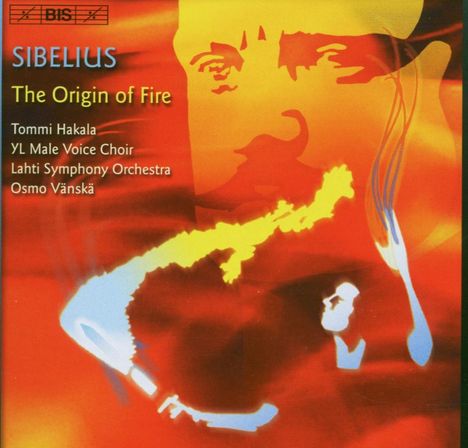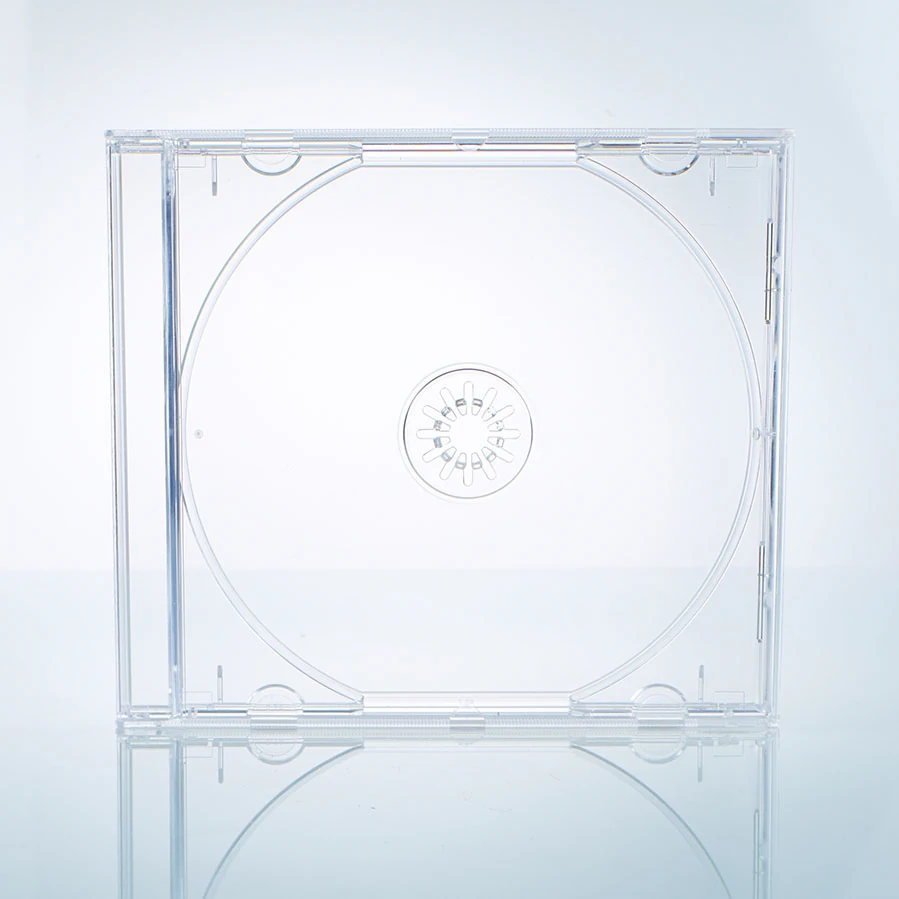Jean Sibelius: Werke für Männerchor auf CD
Werke für Männerchor
Herkömmliche CD, die mit allen CD-Playern und Computerlaufwerken, aber auch mit den meisten SACD- oder Multiplayern abspielbar ist.
(soweit verfügbar beim Lieferanten)
Tulen Synty (2 Versionen); Sandels (2 Versionen); Har du Mod (2. & 4.Version); Vapautettu Kunningatar; Jääkärien Marssi; Koskenlaskijan Morsiamet; Rakastava
- Künstler:
- Tommi Hakala, Tom Nyman, Yl Male Voice Choir, Lahti Symphony Orchestra, Osmo Vänskä
- Label:
- BIS
- Aufnahmejahr ca.:
- 2000-2006
- Artikelnummer:
- 8819918
- UPC/EAN:
- 7318590015254
- Erscheinungstermin:
- 30.1.2007
This disc brings together seven works by Sibelius for male voice choir and orchestra. Three of them - The Origin of Fire, Sandels and Har du mod? - are presented in two alternative versions, giving the opportunity to sample the composer’s development and the way he responded to circumstances when adapting his works. Other works are better known in different scorings, such as The Captive Queen (normally performed by mixed choir and orchestra) and Rakastava (string orchestra). In various ways these pieces are the products of a preoccupation with national identity and independence which the composer shared with his fellow Finns, under Russian dominion until 1917. The Origin of Fire is a setting of an excerpt from Kalevala, the Finnish national epos, whose counterpart in lyrical poetry, Kanteletar, provided the text for Rakastava (The Lover). With Sandels the composer chose a poem telling the true story of General Johan Sandels who, in a skirmish during the Russo-Finnish war of 1808-09, defeated a much larger Russian army, while the text of Har du mod? (Have You Courage?) is a rousing call on young men to unite in preparation for a future struggle. The symbolic meaning of The Captive Queen, in which a young hero liberates a queen, imprisoned in a castle, was so obvious that the work first had to be performed under a more neutral title. The March of the Finnish Jäger Battalion was written as a regimental song at almost exactly the same time as Finland’s independence was declared in 1917. It came to be closely associated with the ‘white’ faction in the ensuing civil war, and the present version was first performed, in Helsinki in April 1918, after the Whites had finally gained the upper hand but some weeks before the war actually ended. Performing this volatile programme is the YL Male Voice Choir (formerly known as Helsinki University Choir), for whom Rakastava was composed in 1894; to this day, YL is widely acknowledged to be the foremost interpreter of Sibelius’s music for male choir. The choir is joined by the expert forces of Lahti Symphony Orchestra conducted by Osmo Vänskä.
Disk 1 von 1 (CD)
-
1 Tulen synty op. 32 (Version 1902/1910)
-
2 Sandels, op. 28 (Version 1898/1915)
-
3 Har du mod? op. 31,2 (2. Version 1911)
-
4 Vapautettu kuningatar op. 48
-
5 Työkansan marssi op. 91a
-
6 Koskenlaskijan morsiamet op. 33
-
7 Rakastava JS 16ob
-
8 Har du mod? op. 31,2 (4. Version 1914)
-
9 Sandels, op. 28 (Version 1898)
-
10 Tulen synty op. 32 (Version 1902)
Mehr von Jean Sibelius








